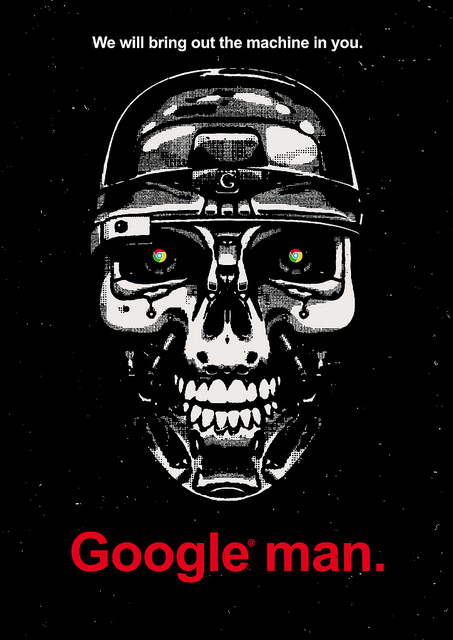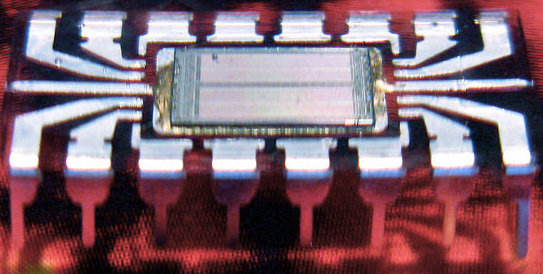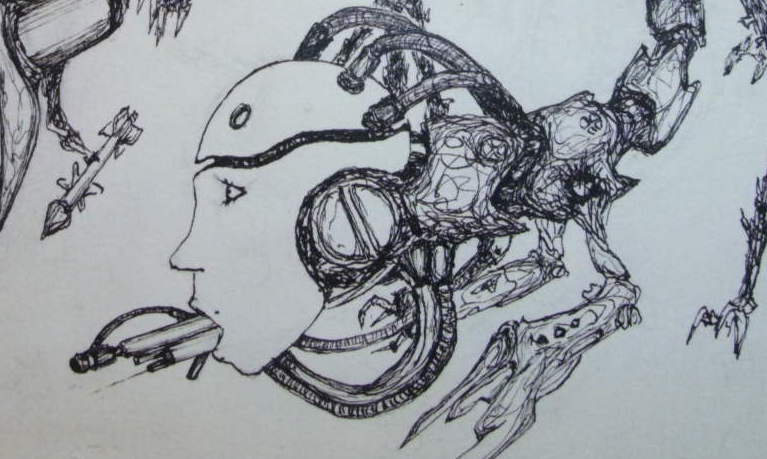Yay, We Don’t Need Politics Anymore!
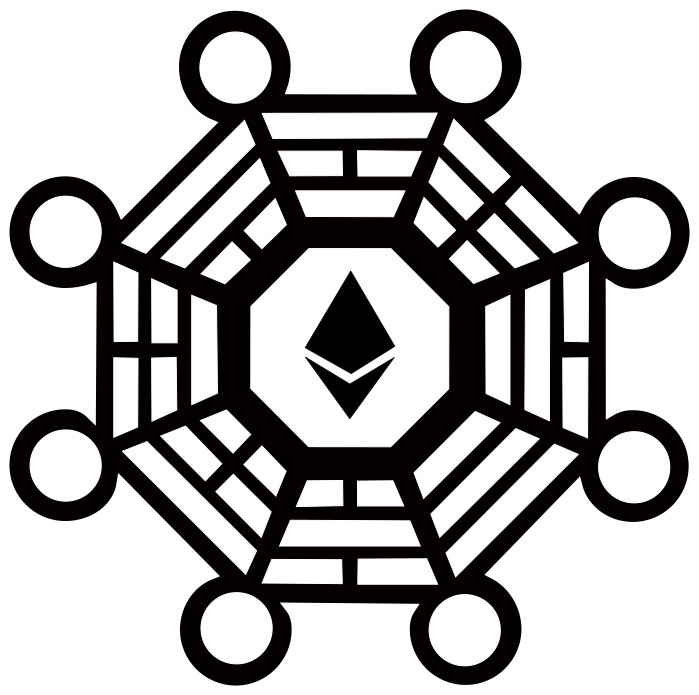
The DAO’s logo, grabbed from their website.
I wanted to resist writing about The DAO — that stands for “decentralized autonomous organization” — but after going through my notes from this past week’s reading, I realized that I can’t avoid it.
The reason I wanted to steer clear is that everyone else has already said it better, but maybe you don’t subscribe to their newsletters. Besides, who else will address the cyberpunk angle?
Bloomberg columnist Matt Levine covered The DAO with delightful snark:
“One of the great joys of our modern age, with its rapid advances in financial technology, is examining the latest innovation to try to figure out what centuries-old idea has been dressed up in cryptographical mystification.”
To summarize aggressively, The DAO wants to crowdsource an entire company, which will sort of act as a venture capital partnership, dispensing ETH, a bitcoin-like cryptocurrency. You can read plenty more about their structure and setup on their website. The DAO’s main differentiators are “smart contracts” and, as the name suggests, decentralized governance:
“The ETH held by The DAO will never be centrally managed. DAO Token Holders are able to vote on important decisions relating to the management of The DAO, including the power to redistribute its ETH amongst themselves.”
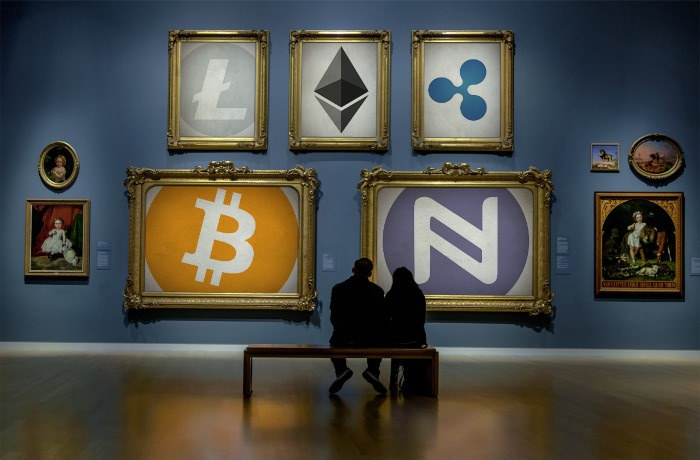
Cryptocurrency Art Gallery by Namecoin.
The cryptocurrency crowd fascinates me because many of them seem to think they can opt out of normal human power structures, or somehow use code to avoid disputes. And I think that’s… well, impossible. (Maybe I am strawmanning egregiously, in which case I hope a cryptocurrency enthusiast or garden-variety libertarian will email me to point it out.) As I’ve written before:
“There is a reason why centralization happens over and over again in human history. We didn’t invent the Code of Hammurabi out of the blue. Monarchy did not develop randomly, and republics require executive branches.”
Direct democracy is a terrible system; I would go so far as to say it’s unworkable. Does anyone endorse mob rule? And centralized power is an oft-repeated pattern because it’s efficient. Furthermore, we have courts and the like because they’re useful — because the need for arbitration arises frequently despite the existence of contracts. Going back to Matt Levine’s article:
“The reason that ‘law and jurisdiction’ come into play is that sometimes stuff happens that is not addressed with perfect clarity in the contract. Sometimes the parties need to renegotiate to address something not specifically anticipated in the contract. Sometimes they can’t agree, and need an outside adjudicator to decide what should happen. And sometimes the project affects people who never signed the contract in the first place, but who have a claim nevertheless.”
And as business analyst Ben Thompson wrote in his “Bitcoin and Diversity” essay:
“I can certainly see the allure of a system that seeks to take all decision-making authority out of the hands of individuals: it’s math! […] If humans made the rules, then appealing to the rules can never be non-political. Indeed, it’s arguably worse, because an appeal to ‘rules’ forecloses debate on the real world effects of said rules.”
Lots of people don’t want to do the hard things. They don’t want to admit that decisions always carry tradeoffs, and they don’t want to negotiate messy human disagreements. But a world without those hard things is fairyland — nothing more than a nice dream.
As we continue to integrate computing into our daily lives, our legal system, and our financial system, we will have to keep grappling with human fallibility — especially when we delude ourselves into thinking we can escape it.
Update circa June 19: I was tempted to write about The DAO again, since it’s been “hacked” (sort of) and a “thief” (sort of) absconded with $50 million (USD value). However, a lot of other people have already published variations of what I wanted to say. The drama is still unfolding — /r/ethereum is a decent place to keep track — so I can’t point you to a canonical writeup, but Matt Levine’s new analysis is both cogent and funny. Also this Hacker News comment is smart.



